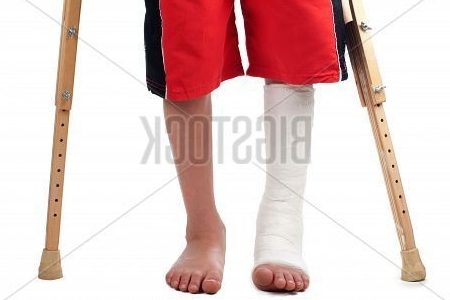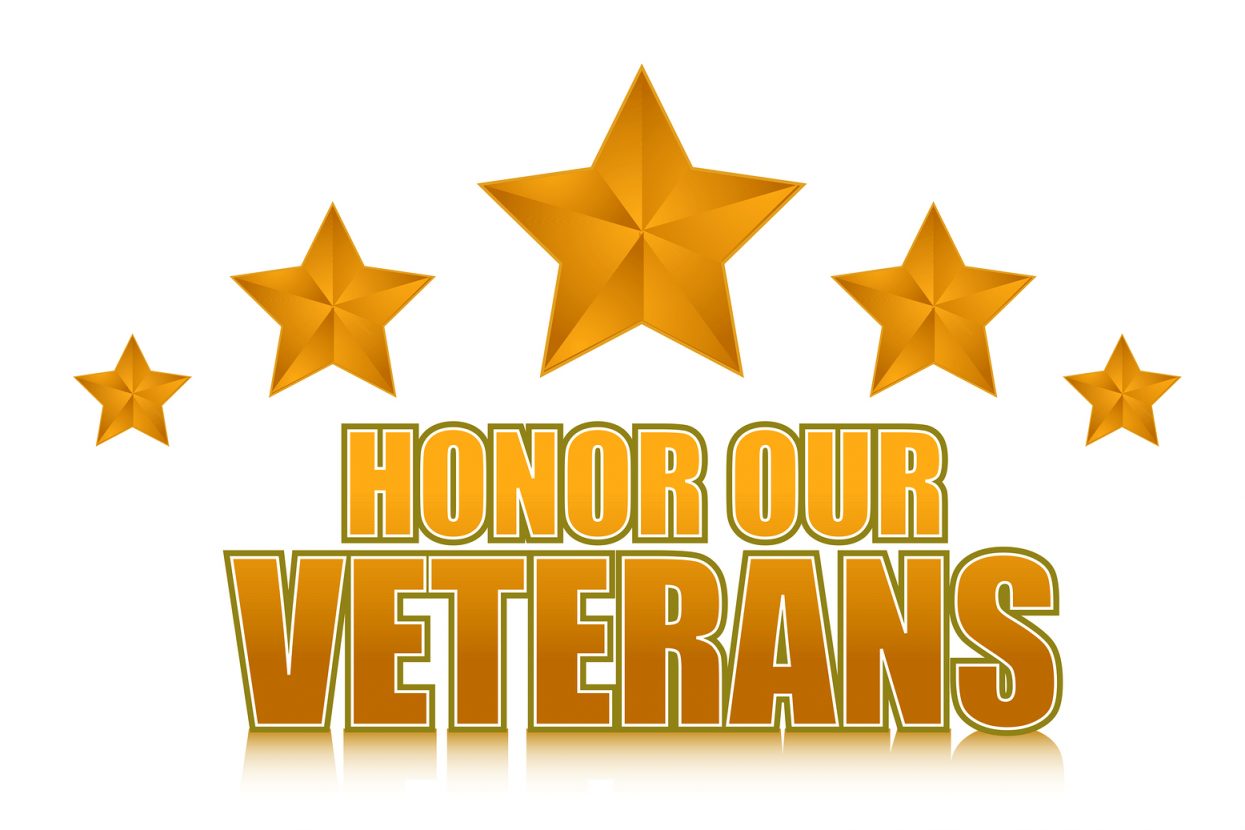Steve is lying almost flat in the hospital room, an IV attached to his arm. I am happy to see he is more comfortable, last night’s crisis has passed. He smiles as I enter and walk to his side. I touch his hand as I sit down on the pressed clean blanket. And then… a shrill loud wail breaks the silence… lights flash above his bed… fear grips his face … the nurses come running … it is …dare I say it … the dreaded bed alarm.
Years ago we prevented hospitalized patients from falling by putting everyone together in one big room, the ward. A nurse supervised from a desk in the middle, so if a frail someone tried to get out of bed, she was there to protect. Then we moved to semi-private rooms and each bed could not be directly watched. Therefore, we locked each patient in with four bed rails. The problem is that it did not work. Confused patients climbed through or over the rails and were more likely to be injured than if they had simply oozed to the floor. In addition, this was defined by the courts as restraint and of questionable legality. Therefore, now we only put up two bed rails. Nevertheless, patients still occasionally fall and may be injured.
I have never liked bed rails. What bothers me is that they keep family members from touching. They send the message that on the other side of the rails is an alien sick person, and the rest of us should keep our distance. Doctors often examine patients without lowering the bed rails, which adds an element of cold distance. Even comatose patients with families keeping end-of-life vigils are usually locked in. How many times have I seen families visiting patients who have died, with the deceased still caged behind metal slats?
Therefore, the invention of the bed alarm. A bed alarm monitors the weight of the person in the bed. If that weight shifts suddenly, up or down, a bell or buzzer sounds. The bed alarm is an improvement in safety, but it has limits. If a well-meaning physician, like say me, tries to touch or examine a patient without disarming the system, they are “caught.” Some patients are too anxious to roll over in bed, lest they trigger the alert. Families are careful to keep their distance. Moreover, I, in my paranoia, fear an attempt to add distance between my patients and me.
Many well-intentioned hospital systems have the risk of compromising nurturing relationships. They can create distance between the patient and caregivers. Family support may be threatened.
We use isolation with the goal of preventing the spread of infection. While making rounds this morning I had to wash, gown, glove and mask because the patient was reported to have had a communicable disease, four months earlier. I understand the benefit; I worry about that word, “isolation.”
Visiting hours. I admit that I ignore them when one of my family is sick. I need to be with someone I love when they are ill. In addition, we all require support to deal with the hospital and all its intrusive complexity. I understand hospital staff needs time to organize, especially at change of shift, but worry about the gaps that result.
We have moved from centralized many person hospital wards with their chaos, infection risk and noise, to private rooms. However, the result is long silent hospital corridors with rows of single rooms. No one would propose going back, but there in lies the threat of medical exile.
No pets. Animal lovers will note that the obsessive optimism of a dog can heal many deep personal wounds. I suppose we must continue to keep out infected rodents and high-risk species such as birds. However, there is a lot of love to be shared by our furry (and not) friends.
Finally, there is that most modern of threats to human interaction, electronic medical records (EMR). We all have seen a couple alone together in fine restaurant, as they are busy texting. In the hospital setting, EMRs have the ability to suck physicians and nurses into electronic quicksand, to the detriment of human contact.
All these are positive systemic innovations, which solve vital problems. They prevent harm, control infection, augment organization and improve quality. Laudable goals. My concern is that they can interfere with critical healing relationships. As we continue to refine and perfect the practice of institutional medicine, let us be careful it does not institutionalize each of us.







8 Comments